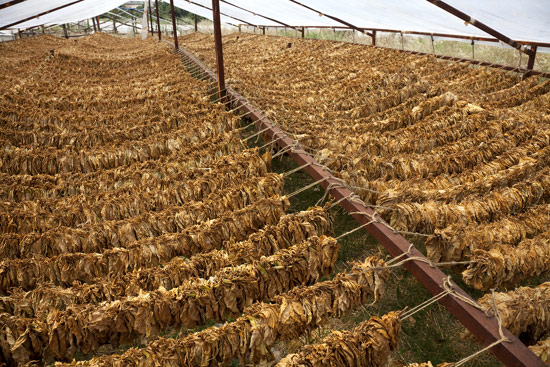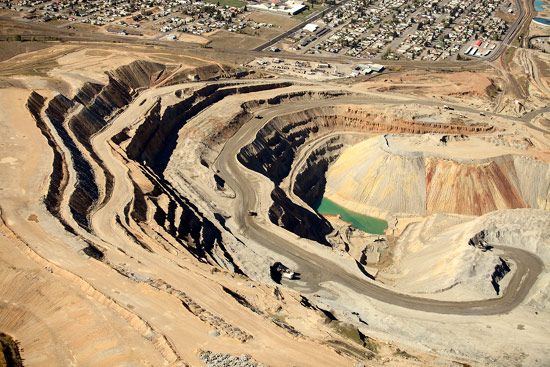Country Snapshot: Business Overview
Mexico is a major economic power. The nation enjoys the prestige and benefits of all the major economic associations, such as the World Trade Organization (WTO) and the Organization for Economic Co-operation and Development (OECD), as well as free trade agreements with over 50 countries, including the US and the European Free Trade Area. The country possesses a blend of outmoded and modern agriculture and industry, with the role of the private sector increasing. Its large, free market economy features strong tourism and energy sectors. Tourism is a major source of foreign exchange, and the country ranks in the top 10 in terms of global oil production. Oil revenues are an important source of income for the public sector though the country's oil production has been on the decline since 2005. Despite its World Bank classification as an upper-middle-income country and a series of economic reforms, Mexico remains challenged by poverty, a wide disparity in income distribution, and underemployment.
Major Industries
Mexico’s major industries are tourism, motor vehicles, tobacco, iron and steel, petroleum, textiles, mining, clothing, consumer durables, chemicals, and food and beverages. Mexico also has a rich agricultural sector that produces wood products, wheat, soybeans, cotton, coffee, fruits, beef, tomatoes, diary products, corn, rice, beans, and poultry. The country’s natural resources include copper, lead, zinc, timber, natural gas, petroleum, silver, and gold.
Trade Overview
As a result of the North American Free Trade Agreement (NAFTA), Mexico exports 78 percent of its products to the US. These include coffee, cotton, silver, fruits, manufactured goods, oil and oil products, and vegetables. Mexico ranks 17th in the world in total global exports.
The US also provides half of Mexico's imported goods, followed by China and Japan. Commodities imported into the country include aircraft parts, metalworking machines, agricultural machinery, electrical equipment, aircraft, steel mill products, repair parts for motor vehicles, and car parts for assembly. The country ranks 16th globally in total imports.
Foreign Investment
Mexico welcomes both foreign and domestic investors, and the law does not generally favor domestic investment. Some sectors limit the level of foreign ownership or have restrictions due to public interests. While approvals are not required, foreign investments are subjected to complex and non-transparent labor standards and commercial bureaucracy. All residents may hold foreign currency accounts and their transactions are not restricted. Real estate investment by foreigners is limited. Proposals seeking to increase foreign investment in the energy sector lack legislative support.
Transparency (Rule of Law)
Mexico has a significant amount of corruption, with a rank of 106 out of 183 countries, according to Transparency International’s Corruption Perceptions Index. Mexico’s audit and enforcement institutions do not operate independently or have financial autonomy. Though the government has made strides toward fighting corruption within the public sector, it has had little effect. Mexico is considered “moderately free” in terms of global economic freedom; the Heritage Foundation’s Index of Economic Freedom rates the nation at 55th out of 178 countries.
Regulatory Environment (Ease of Doing Business)
Mexico ranks 53rd out of 189 countries in terms of ease of doing business, based on World Bank findings. The resolution of contract disputes in the court system is slow and subject to influence. The courts do not adequately protect intellectual or real estate property rights. Property expropriation is not common. The banking sector has experienced a decrease in state-owned institutions and greater foreign participation. Income and corporate tax rates are high. A flat-rate business tax, known as IETU, value-added and real estate transfer taxes can also be applied to businesses.
Article written for World Trade Press by Eileen Rojas.
Copyright © 1993—2024 World Trade Press. All rights reserved.

 Mexico
Mexico 


